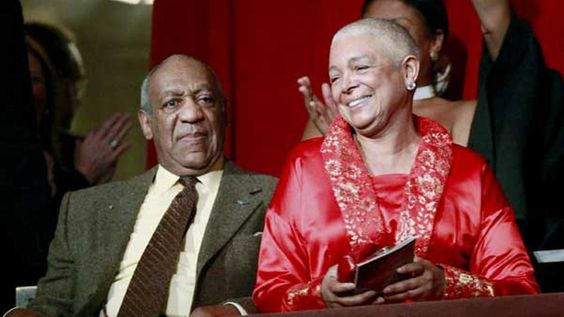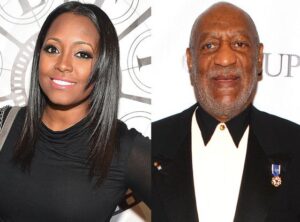
Bill Cosby Was A Great Comic And A Horrible Person

Everything about W. Kamau Bell’s new four-part Showtime documentary about Bill Cosby feels laden with risk. For one, there’s that title: We Need to Talk About Cosby. This invitation is at once off-putting and exhausting. Do you feel particularly up for the task of Talking About Cosby, with all that entails? After all, Talking About Cosby has become a site of fracture and division, especially for Black people. There’s the physical safety risk to the filmmaker: Cosby fans have been known to threaten those who publicly criticize him. And then there’s the professional risk of touching an uncomfortable topic. Writing about it for Time magazine recently, Bell notes, “This docuseries feels like it could be the end of my career.”
But the largest risk Bell takes is artistic. We Need to Talk About Cosby, which premiered last week at Sundance, features women telling harrowing stories of being drugged and assaulted by Cosby, while at the same time tracing the comedy giant’s groundbreaking career and how he managed to burrow his way into America’s consciousness. (Cosby was convicted of sexual assault, but his conviction was overturned after a court found prosecutors were bound by an agreement not to pursue charges; he denies all allegations.) This is a precarious balance, one that could easily be misconstrued as an attempt to salvage Cosby’s legacy by framing what he is being accused of in the larger context of a titanic career. But Bell walks a messy, delicate line, managing to acknowledge Cosby’s impact while arguing that we have a duty to recanvass his accomplishments for clues that Cosby was the monster he is accused of being. He found plenty.
Bell’s documentary weaves powerful accounts from Cosby’s accusers with poignant insights into his legacy from academics, journalists (including an interview with BuzzFeed News deputy editor Jamilah King), comedians, and legal experts. The film ought to become the gold standard of public reckonings — a thoughtful and thorough look at a monster, a tender and clear-eyed recognition of what he gave us, and an urgent plea to not lose sight of either, no matter how hard it is to look.
